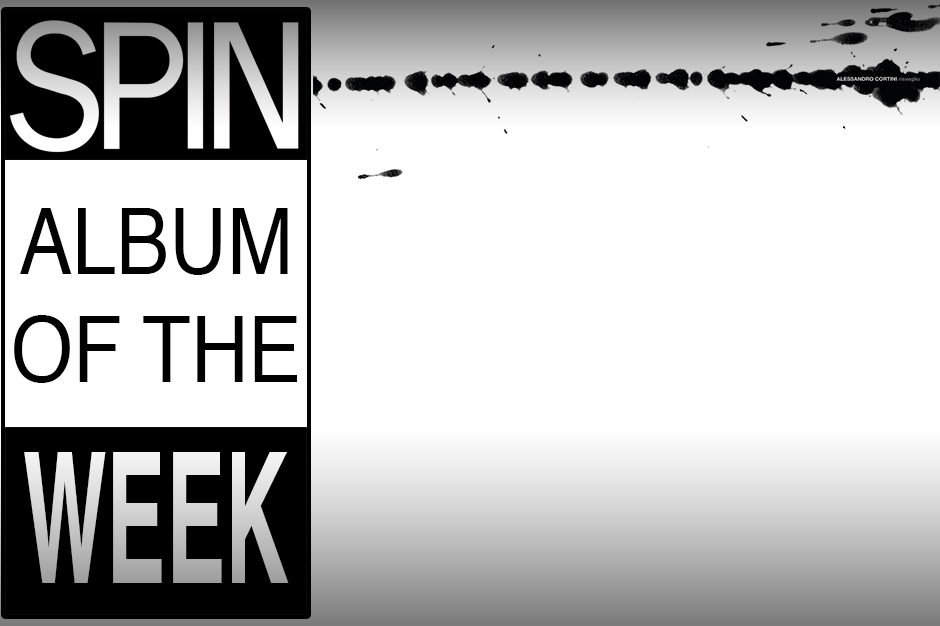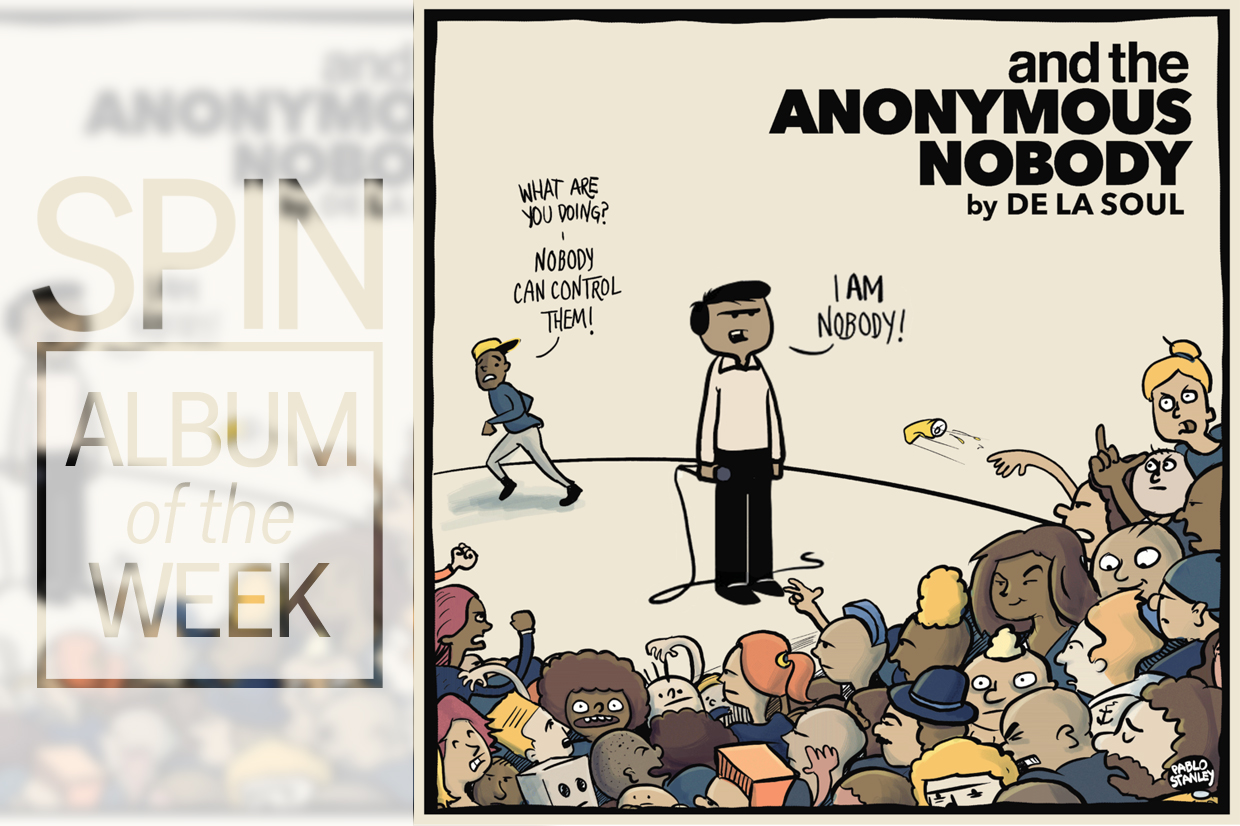Release Date: July 24, 2015
Label: Hospital Productions
Alessandro Cortini tends to surround himself with darkness. The Italian producer is most infamous as a torturer of modular synths and other bleak electronics for Los Angeles’ most famous industrial-goths, Nine Inch Nails. His previous solo LP, Sonno, slinked out on Prurient’s Hospital Productions — a bastion of the crepuscular, if there ever was one. And yet, despite the gloom that seems to provide the entire context for his work, Cortini’s latest one-man effort represents something of an upturn. Risveglio is still built from the grim building blocks that he’s used throughout his whole career (lonely synth patches and delay smears), but this time his unsteady compositions flicker and fade, peering through the haze like a rusted-out headlamp.
From the opening sequences of “Stambecco” it’s clear that we’re facing a different version of Cortini this time around. Synth lines jitter and judder, buzzing with the dizzy energy of a beehive — a liveliness you wouldn’t expect from a man so often enveloped in solemnity. “La Via” starts out with the distant cobwebbing drones that you might expect from such a dour dude, but the composition is flecked with bursts of searing electronics. He makes you sit in the dark room until your eyes adjust, your pupils dilate, and then he flicks the lights on for a blinding burst of light.
It’s a transformation that Cortini himself nods to in the record’s title. “Risveglio” loosely translates to “reawakening,” and it helps to imagine that word in its most religious sense — this is a record that vibrates with the sanctity and vitality of devotional music. Lead single “La Sveglia” begins with a starkly meditative series of keyboard smears that swarm and swell into St. Theresa-esque levels of Christian ecstasy. Burbling synth parts suddenly flutter into action, soar upward, and lift the weighty compositions out of the depths and into flashes of heavenly radiance.
The component parts are limited and austere as always (though this time he’s added on a Roland bass synth to his instrumental palette), which makes it all the more impressive that he’s able to conjure such brilliance out of them. His peers use waves and waves of distortion to distill their downcast worldviews to blackest ever blacks and harrowing monochromes, but Risveglio‘s truest triumph is in the simple way a single sparkling note on his keyboard can transform otherwise gloomy productions like “Ricadere” into stunning, if momentary, luminosity.
There are hints of a different dark path littered throughout the record. At the album’s end, there’s an alternate take of “La Sveglia” that bills itself as a “Drum Version,” but its subtle pulse completely changes the track’s outlook. A gently thrumming kick is all it takes to sink the instrumental’s mood like its pockets are filled with rocks, demonstrating just how delicate the path that he’s tread to that point has been. With a less delicate hand he could have inadvertently pulled a shade over any of the record’s gleaming moments. A completely dim re-imagining of this record could conceivably be compelling in its own right, but Cortini suggests that you need light to make the darkness work — that his pretty hate machine might very well be solar-powered.





